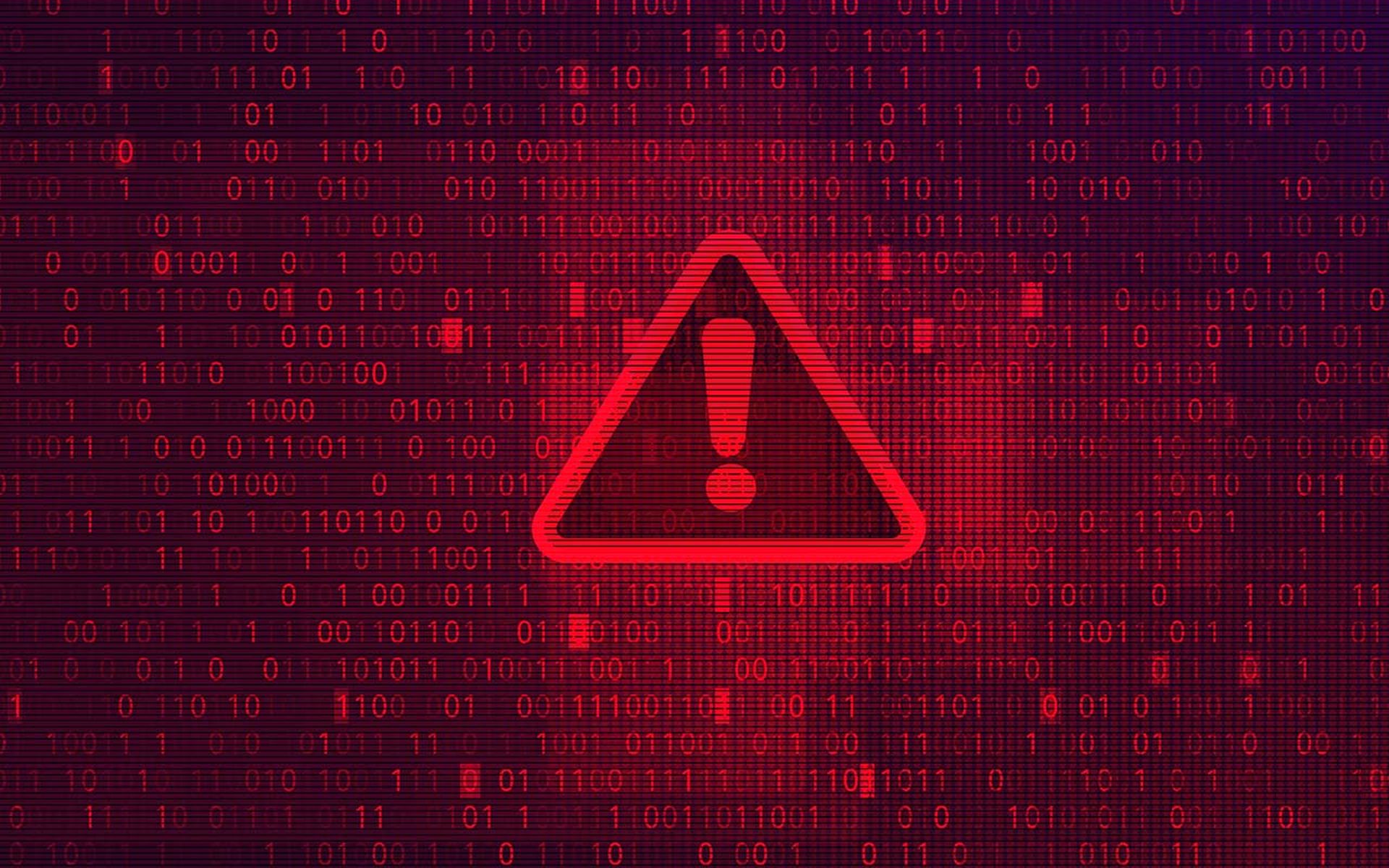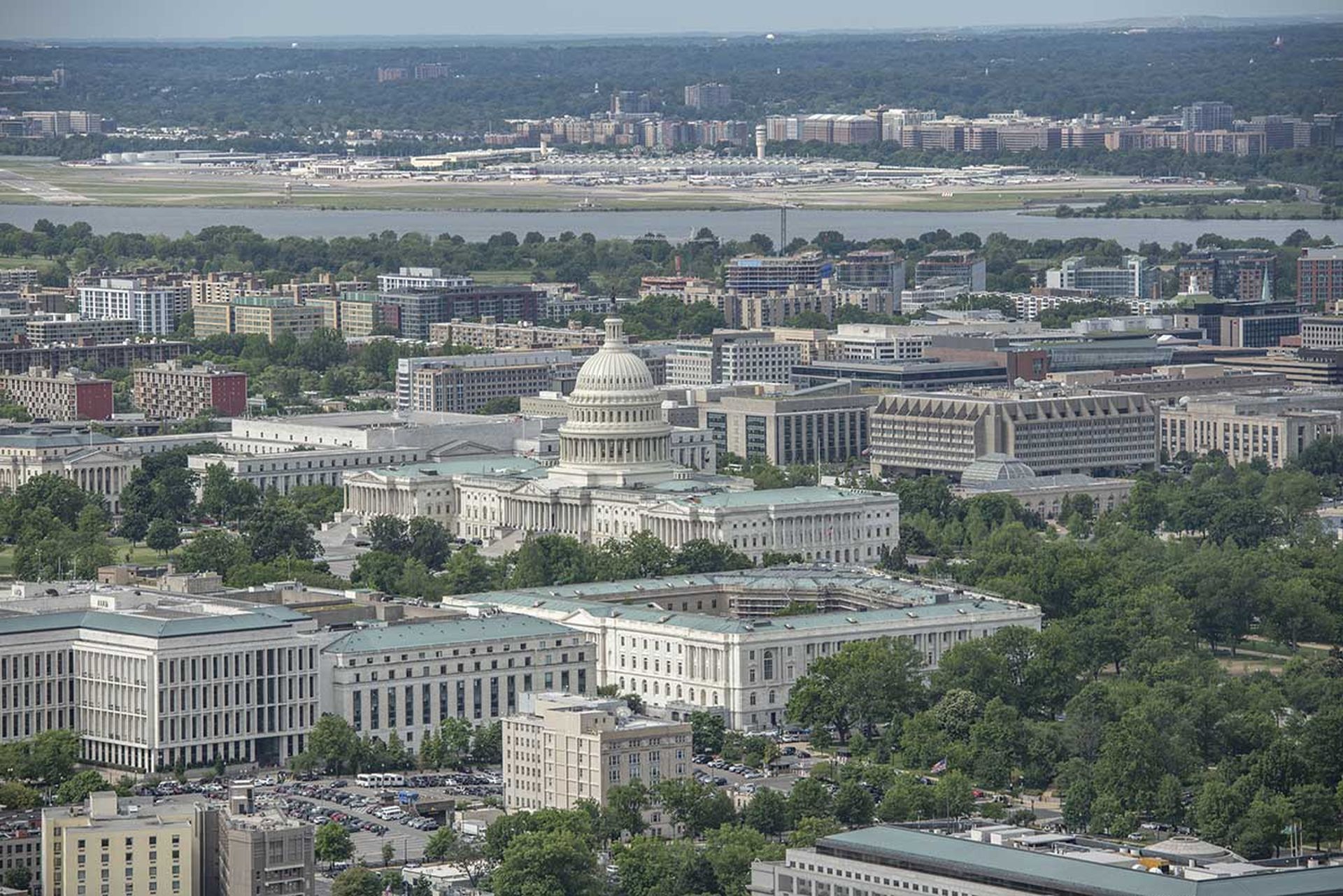It's not very often that an organization being sought by U.S. and international law enforcement spends much time worrying about its public image.
But that's exactly what the online hacktivist collective Anonymous is doing after the director of the National Security Agency (NSA) warned, according to a Wall Street Journal report, that the group is only a year or two away from having the capability of launching a cyber attack that could disrupt the United States power grid.
Unnamed federal officials, citing comments from NSA Director Gen. Keith Alexander during a series of White House meetings, told the Journal that Anonymous has never named the electric grid as a target, but said the group is "headed in a more disruptive direction."A number of flagship Anonymous Twitter accounts spent Monday refuting the report, calling Alexander's comments "baseless," "fear mongering" and "ridiculous."
The group also implied, in a tweet, that the claims from NSA are meant to stir up public concern around cyber attacks in order to help recently introduced cyber security legislation pass in Congress. Instead of doing that, the government should focus its efforts around securing vulnerabilities in control systems that enable attacks, said Anonymous, which has billed itself as freedom fighters who seek to embarrass and expose corporations and government agencies with whose practices it disagrees.
Gabriella Coleman, Wolfe chair in scientific and technological literacy at McGill University in Montreal, who studies online collaboration and is writing a book on Anonymous, said the collective has done nothing to indicate it wants to target industrial control systems, which power the nation's critical infrastructure, such as the electric grid and oil-and-gas pipelines. Such systems have become increasingly vulnerable as they become interconnected with the web.
"I think that over the last six months, Anonymous has successfully managed to be seen more in a positive rather than negative light, participants coming across as activists as opposed to hell raisers, albeit quite transgressive activists, but activists no less," she told SCMagazine.com in an email. "So what was reported in the WSJ is probably part of a government effort to discredit them in absence of being able to currently use other tactics."
Why would Anons shut off a power grid? There are ppl on life support / other vital services that rely on it. Try again NSA. #FearMongering
— Anonymous (@YourAnonNews) February 21, 2012
Joe Weiss, managing partner of SCADA security firm Applied Control Solutions, said the Journal report misses the mark. The news is not that Anonymous is capable – it's that there is freely available exploit code for anyone, even those who don't have advanced technical knowledge, to use to launch an attack against control systems. And such code is available now via toolkits like Metasploit.
"We're not talking a year or two away," he told SCMagazine.com on Monday. "We're talking today...I'm going to talk about this as an engineer and not a threat analyst. Can [Anonymous] do it? Yes. Can anyone else do it? The answer is yes. It doesn't matter who or why, or if it's intentional or unintentional. With four lines of code, anyone can take over a programmable logic controller (PLC)."
But, Weiss said that just because Anonymous seems to disagree with the NSA's assessment, that doesn't mean the group, known for being leaderless and amorphous, can be ruled off the suspect list.
"The mainstream of Anonymous may feel exactly that way, that they are the Robin Hoods and are basically trying to do good, but it either takes someone who doesn't necessarily feel quite that way, or wants to do it in Anonymous' name," Weiss said.
Jerry Brito, senior research fellow at the Mercatus Center at George Mason University in Arlington, Va. questioned the Journal article's validity and whether Alexander's comments were taken out of context. Up until now, he said, Anonymous' actions have been focused on distributed denial-of-service attacks and hacking to expose data, such as emails. Someone who wants to infiltrate a power grid is likely to be a nation-state adversary, he said.
"The question is, why do they run this article with the lede being Anonymous could take down the power grid?" Brito told SCMagazine.com. "You could say this for anybody ... I'm sure the bigger threat [Alexander] sees are foreign states."
But Dave Marcus, director of advanced threat intelligence research at security firm McAfee, told SCMagazine.com that Anonymous may consider targeting something like the power grid if it would advance its cause."It comes down to if they want to target it or not," Marcus said. "Does it serve their agenda?"
He cautioned that Anonymous might want to steer clear of such actions. "If you start going after infrastructure, that's going to get you branded," Marcus said. "It's not going to get you the change you want."
Meanwhile, articles such as this could have unintended consequences, Brito said. He said a member of Congress could point to the Journal piece, and not "real evidence," as a reason why, for example, the NSA should be monitoring internet traffic.
[An earlier version of this story incorrectly listed Coleman's title.]



